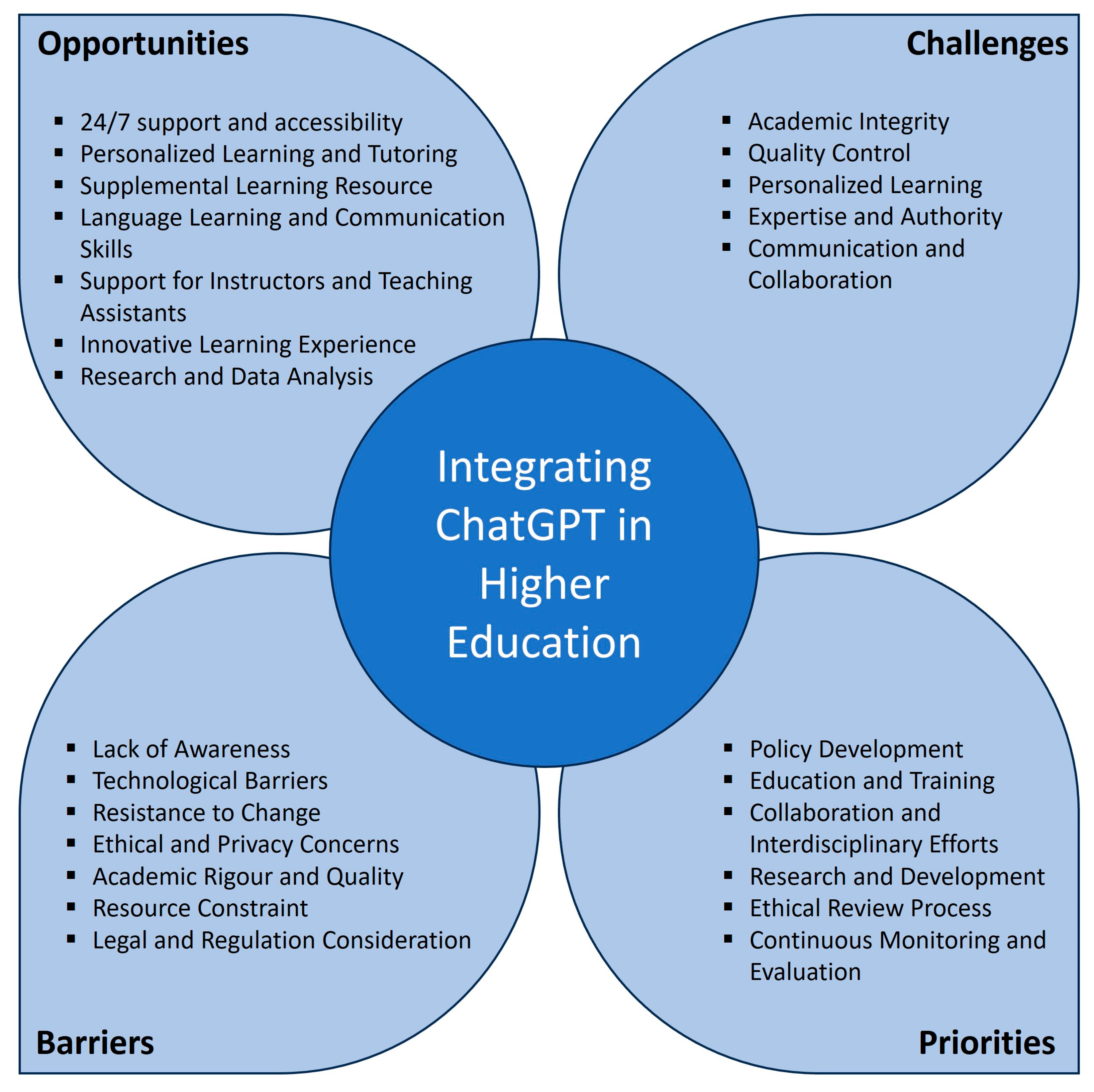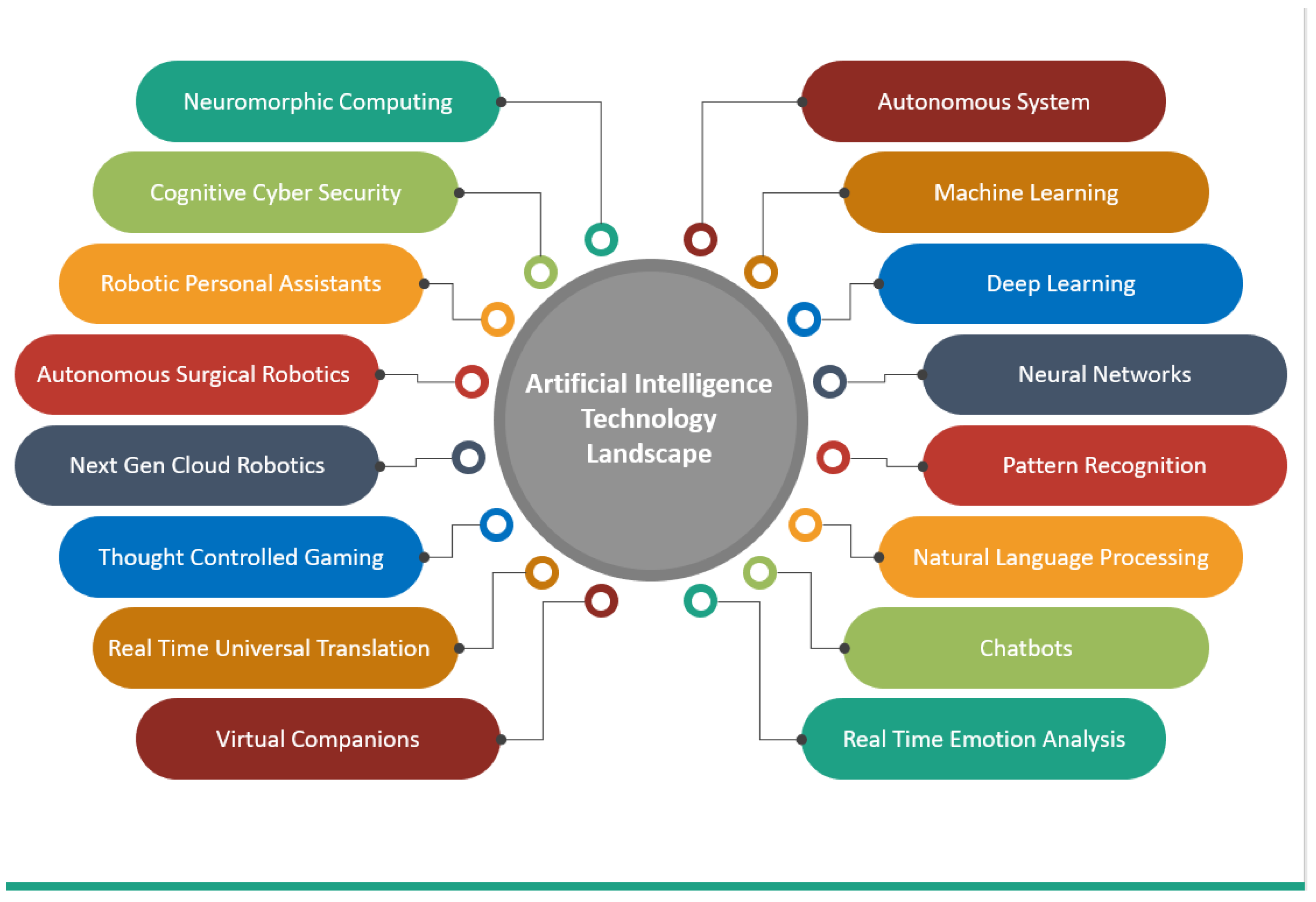Interdisciplinary Early Childhood Education is an approach that combines different disciplines to provide a well-rounded education for young children. This approach has been shown to have many benefits, including improved cognitive development, social skills, and creativity. However, there are also some challenges to implementing interdisciplinary early childhood education, such as the need for collaboration among different professionals and the potential for fragmentation. In this article, we will explore the benefits and challenges of interdisciplinary early childhood education, and we will discuss best practices for implementing this approach. We will also look at the future of interdisciplinary early childhood education and how it can be used to help children reach their full potential.

Benefits of Interdisciplinary Early Childhood Education
Interdisciplinary early childhood education offers many benefits for young children, including:
- Improved cognitive development: By combining different disciplines, interdisciplinary early childhood education can help children develop their cognitive skills in a variety of ways. For example, children who participate in science activities may learn about the properties of different materials, while children who participate in art activities may learn about different colors and shapes.
- Enhanced social skills: Interdisciplinary early childhood education can also help children develop their social skills. By working with children from different backgrounds and with different learning styles, children can learn how to cooperate, communicate, and resolve conflicts.
- Increased creativity: Interdisciplinary early childhood education can also help children develop their creativity. By exposing children to different ideas and perspectives, interdisciplinary early childhood education can help children think outside the box and come up with new and innovative ideas.
In addition to these benefits, interdisciplinary early childhood education can also help children develop their language skills, their motor skills, and their emotional intelligence.
| Related Post | Description |
|---|---|
| Early Math Concepts for Young Learners | This article provides an overview of early math concepts for young learners, including number recognition, counting, measurement, and geometry. |
| Creative Arts in Early Childhood | This article explores the importance of creative arts in early childhood education, including the benefits of art, music, and drama for young children. |
Preparing Children for the Future
In today’s rapidly changing world, it is more important than ever to provide children with a well-rounded education that prepares them for the future. Interdisciplinary early childhood education can help children develop the skills they need to succeed in school and in life, including:
- Critical thinking skills: Interdisciplinary early childhood education can help children develop their critical thinking skills by encouraging them to ask questions, explore different perspectives, and come up with their own conclusions.
- Problem-solving skills: Interdisciplinary early childhood education can also help children develop their problem-solving skills by providing them with opportunities to work through problems in a variety of ways.
- Communication skills: Interdisciplinary early childhood education can also help children develop their communication skills by providing them with opportunities to express themselves in a variety of ways, including through speaking, writing, and art.

Challenges of Interdisciplinary Early Childhood Education
Collaboration and Communication
One of the biggest challenges of interdisciplinary early childhood education is the need for collaboration and communication among different professionals. In order to effectively implement interdisciplinary early childhood education, teachers, administrators, and other professionals need to be able to work together effectively. This can be difficult, as different professionals may have different backgrounds, perspectives, and goals. Additionally, professionals may need to learn how to communicate effectively with each other in order to share information and ideas.
Curriculum Development
Another challenge of interdisciplinary early childhood education is the development of a curriculum that is both comprehensive and engaging. In order to be effective, an interdisciplinary curriculum needs to include content from a variety of disciplines, while also being developmentally appropriate for young children. Additionally, the curriculum needs to be engaging and motivating for children in order to keep them interested and learning.
| Related Post | Description |
|---|---|
| Introduction to Early Childhood Curriculum | This article provides an overview of early childhood curriculum, including the different types of curricula and the factors to consider when choosing a curriculum. |
| Early Math Concepts for Young Learners | This article provides an overview of early math concepts for young learners, including number recognition, counting, measurement, and geometry. |
Assessment
Another challenge of interdisciplinary early childhood education is assessment. In order to assess children’s progress, teachers need to use a variety of assessment tools and techniques. These tools and techniques need to be valid and reliable, and they need to be able to measure children’s progress in all of the different areas of development. Additionally, teachers need to be able to interpret the results of assessments in order to make informed decisions about children’s learning.

Best Practices for Interdisciplinary Early Childhood Education
Collaboration and Communication
One of the most important best practices for interdisciplinary early childhood education is to establish strong collaboration and communication among different professionals. This can be done by creating a shared vision for the program, developing clear communication channels, and providing opportunities for professionals to meet and share ideas. Additionally, it is important to create a culture of respect and trust, where professionals feel comfortable sharing their perspectives and expertise.
Curriculum Development
Another important best practice is to develop a curriculum that is both comprehensive and engaging. This can be done by including content from a variety of disciplines, while also ensuring that the curriculum is developmentally appropriate for young children. Additionally, it is important to use a variety of teaching methods and materials to keep children interested and learning.
| Related Post | Description |
|---|---|
| Introduction to Early Childhood Curriculum | This article provides an overview of early childhood curriculum, including the different types of curricula and the factors to consider when choosing a curriculum. |
| Early Math Concepts for Young Learners | This article provides an overview of early math concepts for young learners, including number recognition, counting, measurement, and geometry. |
Assessment
Finally, it is important to use a variety of assessment tools and techniques to assess children’s progress. This can be done by observing children’s behavior, collecting work samples, and conducting interviews with children and their families. Additionally, it is important to use assessment results to inform instruction and make decisions about children’s learning.
Assessment should be an ongoing process that is used to inform instruction and make decisions about children’s learning.

The Future of Interdisciplinary Early Childhood Education
Technology and Interdisciplinary Early Childhood Education
Technology is playing an increasingly important role in early childhood education. From interactive whiteboards to educational apps, technology can be used to support and enhance learning in all areas of development. For example, technology can be used to create engaging and interactive learning experiences that allow children to explore different concepts and skills in a fun and motivating way. Additionally, technology can be used to provide children with access to a wider range of learning resources, such as videos, games, and books.
The Role of Parents in Interdisciplinary Early Childhood Education
Parents play a vital role in their children’s education, and this is especially true in the early years. Parents can support interdisciplinary early childhood education by providing their children with opportunities to explore different interests and activities. For example, parents can take their children to the library, the museum, or the park. They can also provide their children with a variety of toys and materials to play with. Additionally, parents can talk to their children about their experiences and help them to make connections between different areas of learning.
Parents can support interdisciplinary early childhood education by providing their children with opportunities to explore different interests and activities.
The Future of Interdisciplinary Early Childhood Education is Bright
The future of interdisciplinary early childhood education is bright. As more and more research is conducted on the benefits of this approach, it is likely to become increasingly popular. Additionally, as technology continues to evolve, it will provide new and innovative ways to support and enhance interdisciplinary early childhood education. By providing children with a well-rounded education that prepares them for the future, interdisciplinary early childhood education can help them reach their full potential.
| Related Post | Description |
|---|---|
| Introduction to Early Childhood Curriculum | This article provides an overview of early childhood curriculum, including the different types of curricula and the factors to consider when choosing a curriculum. |
| Early Literacy Development | This article explores the importance of early literacy development, including the different skills involved in reading and writing and the ways to support young children’s literacy development. |

Final Thought
Interdisciplinary early childhood education is an important approach that can help children reach their full potential. By combining different disciplines, this approach provides children with a well-rounded education that can help them develop cognitively, socially, and creatively. While there are some challenges to implementing interdisciplinary early childhood education, these challenges can be overcome with careful planning and collaboration. As the field of early childhood education continues to evolve, interdisciplinary early childhood education is likely to become increasingly important. This approach can help children develop the skills they need to succeed in school and in life.




